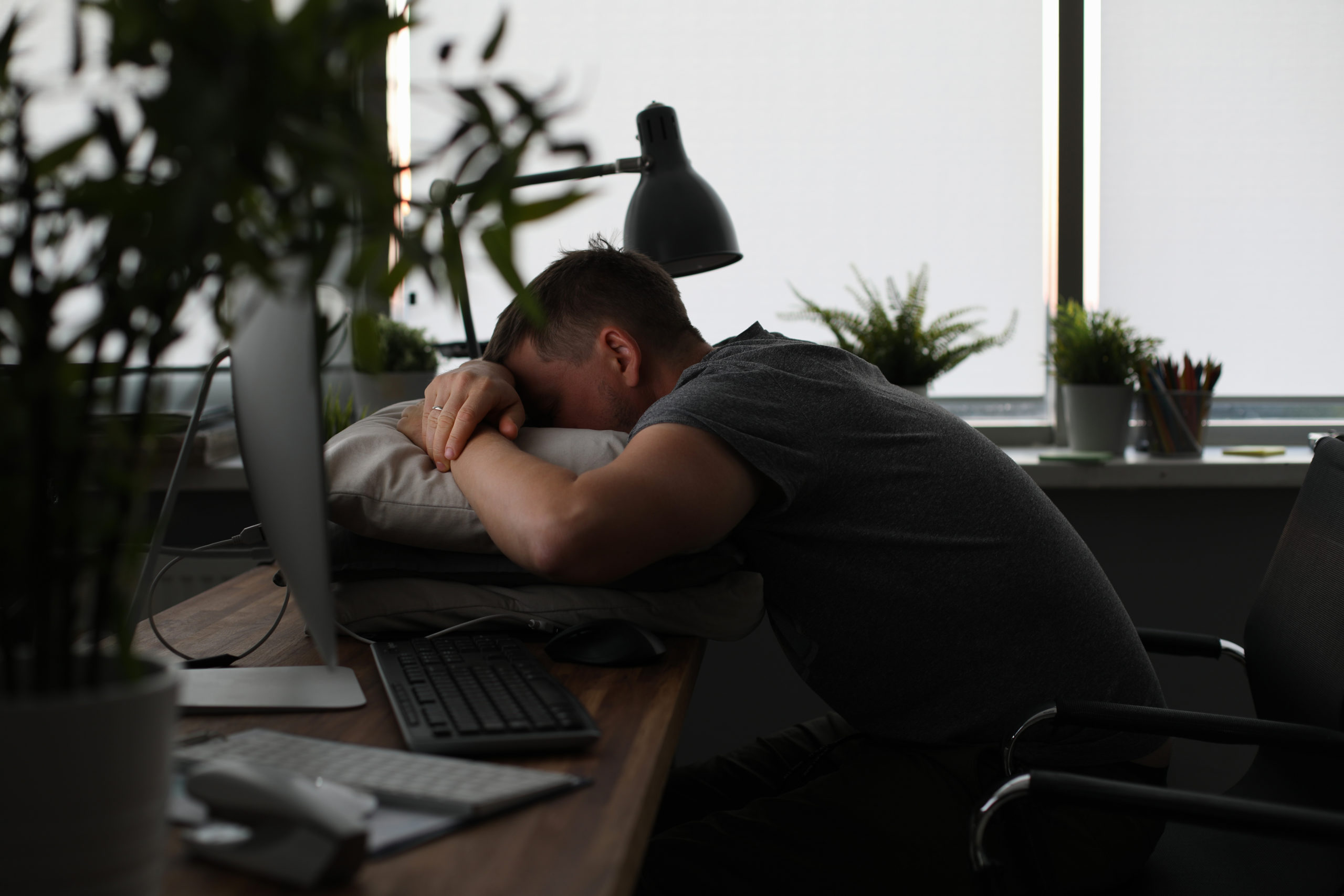Written by: Craig Warrian
In part 1 of our 3 part series on Sleep we explored the main reason people don’t put a priority on their daily slumber, what sleep is and the different types and stages of sleep. If you missed those key points from Part 1, please click here if you’d like to revisit Part 1.
Sleep is natural and necessary for our well-being. When we are deprived of sleep, our bodies manage many systems in a careful balancing act called “homeostasis”. This means that body temperature, acidity levels, body weight and even sleep, all use a balancing system to maintain consistency. However, all too often we throw that balance out of whack. Sleep is no different. The more sleep you get, the less your body will crave sleep in the form of fatigue, drowsiness etc. In the alternative, the less you sleep, the more your body will automatically tell you to get more rest.
All individuals require different amounts of sleep, but adults usually require 7 – 9 hours per night. If you don’t get the sleep that your body requires, you will start to build up something called “Sleep Debt” and signals of sleepiness will be sent your way. Initially the signals may be in the form of fatigue and/or drowsiness. The more sleep debt you accumulate, the stronger the sleep signals will be. Some signs of sleep debt to be aware of include, but are not limited to, the following:
- Increased drowsiness
- Strong feelings of fatigue
- Lack of energy
- Lack of mental focus
- Mood swings
- Lack of motivation
- Lack of coordination and bodily control
- Physical pain. In some instances, significant sleep deprivation can result in physical pain (ie. Headaches etc.)
- Immune system suppression
If your sleep debt continues building-up for weeks, months and potentially years, this is where we really get into trouble. Astonishingly, studies have shown that just one night of sleep deprivation can make you as insulin resistant as a type-2 diabetic. To that, we add the unfortunate effect of rapid aging and additional stored body fat. If we now extend that chronic deprivation out over long periods of time it can contribute to the following ailments:
- Cancer
- Alzheimer’s
- Obesity
- Diabetes
- High Blood Pressure
- Heart Disease
- Stroke
- Depression
All of these health concerns are incredibly troubling. To make matters worse, in a report published by the CDC *2, “1 in 3 adults don’t get enough sleep” (7 or more hours of sleep per night). Between Canada and the United States, that’s upwards of 122 million adults that are chronically sleep deprived and at risk or are currently battling some of the ailments mentioned above.
When it comes to weight loss, there is definitely a correlation to fat loss/storage and good sleep. A published study by the Canadian Medical Association Journal *1 demonstrated that a lack of sleep prevents you from losing weight. In the study, individuals were placed into two groups, each following the same nutrition and exercise plan. One group were sleep deprived (5.5 hours of sleep). The other group had 3 more hours of sleep per night (8.5 hours). The sleep deprived group consistently lost less weight and body fat than their “sleep happy” counterparts.
It’s time to act! There is only one way of paying off sleep debt. Give your body the rest it needs. So many of us are not operating at peak performance due to our accumulated sleep debt. When we feel a little sluggish in the morning, what is the first thing we reach for to “get us going”? A nice hot cup of joe! Unfortunately, that trusty cup (or in some cases, pot) of coffee in the morning doesn’t replace our lack of sleep. Don’t get me wrong, I’m not saying that a venti Americano is a bad thing. A cup of coffee in the morning absolutely has brain boosting benefits and even some mild weight loss benefits (as long as it’s not a Caramel Macchiato), but if caffeine and other stimulants are being used to “keep you going”, instead of getting the sleep your body requires, that is not a recipe for long term success. In fact, caffeine doesn’t actually make sleepiness go away. What caffeine does do is fit into the receptors in your body that typically receive the signal of being tired and ready for rest. Therefore, somewhat masking the sleepiness feeling. Caffeine and other stimulants are great for temporarily increasing alertness, reaction times, weight loss, mood and mental performance. So, go ahead and enjoy your daily coffee, but recognize it is not a replacement for the natural healing powers of sleep.
In our next installment of this 3 part series, we’ll explore tangible steps you can adopt right now to improve your night’s sleep. But to wet your whistle, here are a couple of things each and everyone one of us can adopt immediately:
- Give sleep the priority that it deserves. Stop yourself from saying “oh, I’ll just get more sleep tomorrow”. Treat your precious sleep time like gold.
- Go to sleep and wake up at a consistent time each day. As best as you can, try and get to bed at a consistent time each night. It’s okay if you fluctuate by 30 minutes here are there. But make the fluctuations the exception, not the rule.
SOURCES:
*1 – Canadian Study https://www.cmaj.ca/content/184/18/1975
*2 – CDC https://www.cdc.gov/media/releases/2016/p0215-enough-sleep.html


